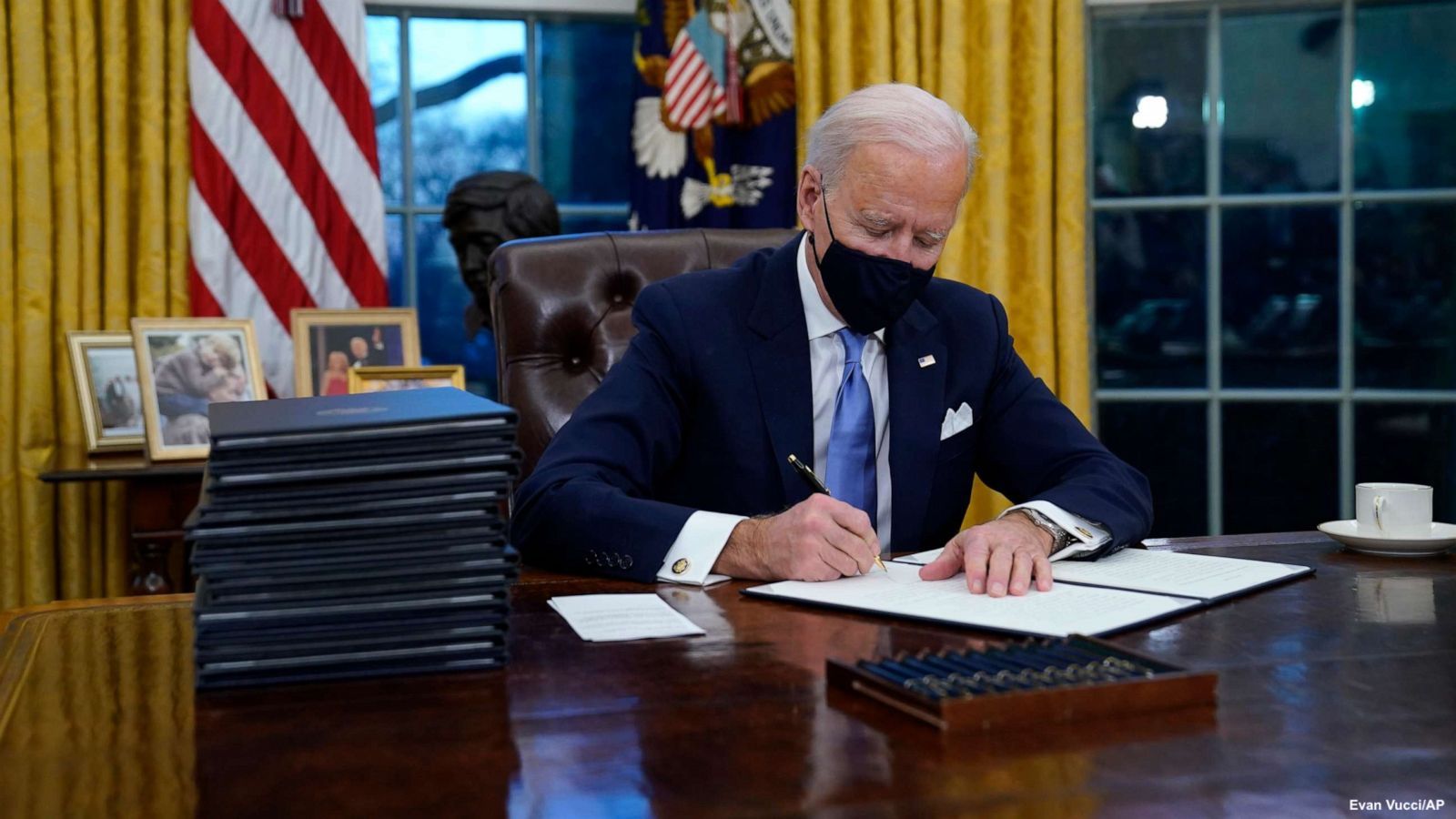
Officials are especially mindful of Washington’s poor track record of swiftly tackling major technological change and the failure to regulate social media early on looms especially large. So, we have to act decisively and with speed and pull every lever we have to maximize the positive impact while minimizing any unintended consequences.” If one acts too slowly, you’re going to be behind by the time you take action, and your action is going to be leapfrogged by the technology.

You’ve got to measure time in weeks,” Zients told CNN. “This is not an area that you can take years to get your arms around or regulate. Officials say they have been urgently laying the groundwork for several policy actions that will be unveiled this summer – including executive orders – to maximize the effect of existing regulations on AI, harness its potential and establish new guardrails for the booming, multi-faceted technology. He added that Vice President Kamala Harris will hold a summit on artificial intelligence next month focused on consumer protection. “I want to hear directly from the experts, and these are some of the world’s leading experts on this issue,” Biden said, noting that he hopes to hear about the “risks” and “promise” of artificial intelligence. AI has also become a consistent topic of conversation during the weekly Saturday strategy sessions between Biden’s senior-most advisers.Īfter dropping by a meeting of leading AI CEOs at the White House last month, Biden on Tuesday met with a group of AI experts and academics in San Francisco to get a non-industry perspective on the risks and opportunities of AI. Steered by the White House chief of staff’s office, senior administration officials have been meeting two to three times a week to advance AI policy work since earlier this spring, tackling AI on multiple fronts, from misinformation and cybersecurity to economic transformation and equity. “If we had this conversation six months ago, my responses would be very different than today,” said a member of the National AI Advisory Committee, who pointed to a “wake-up call” inside the federal government since the explosion of ChatGPT. Those same people say it’s now clear the White House has shifted into a higher gear to meet the moment. Multiple people who have advised the White House on AI policy said that while the White House laid an important foundation last year with its Blueprint for an AI Bill of Rights, they were concerned that the administration was not devoting sufficient attention to AI policy. That urgency is being welcomed in AI policy circles.

Weeks earlier, explosion of ChatGPT propelled artificial intelligence into the public consciousness, triggering a flurry of hearings on Capitol Hill as AI industry leaders touted its revolutionary potential, but also warned of “the risk of extinction from AI.”Īt the White House, the surge of interest in ChatGPT moved AI from the margins to a central priority.

Arati Prabhakar – of what had already been clear inside the West Wing for weeks: AI should be a top priority. Like many Americans who have toyed with ChatGPT, the president was wowed.īy the end of the meeting, which also focused on AI’s impact on cybersecurity and jobs, he reminded the aides in the room – including his chief of staff Jeff Zients, deputy chief of staff Bruce Reed and top science adviser Dr. Now, before the president’s eyes, the AI chatbot instantaneously began composing the lyrics in Springsteen’s style. Weeks earlier, Biden had joked with Springsteen at the National Medal of Arts ceremony that the case, which centered on rights to the Delaware River, also gave his home state a claim to The Boss. Delaware ruling and turn it into a Bruce Springsteen song. President Joe Biden huddled in the Oval Office with several of his top advisers in early April as an aide typed prompts into ChatGPT: Summarize the Supreme Court’s New Jersey v.


 0 kommentar(er)
0 kommentar(er)
